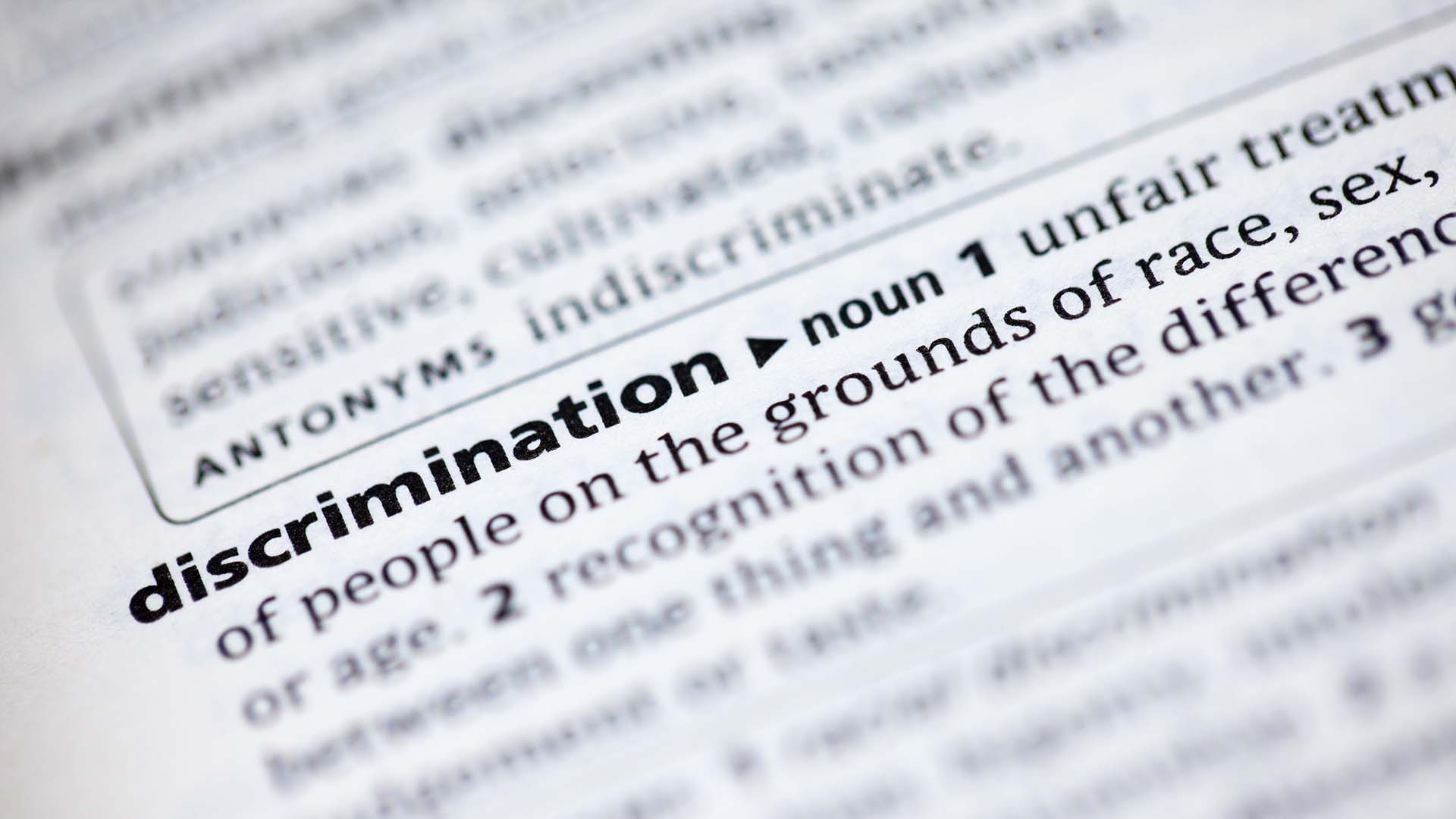Wage Disputes Under Discrimination
Wage disputes under discrimination occur when employees face unequal pay or unfair compensation based on factors like gender, race, or other protected characteristics. In other words wage disputes concerning discrimination arise when there are disagreements over compensation due to factors such as gender, race, age, or other protected characteristics. These situations frequently involve claims of unequal pay for equal work, which can conflict with anti-discrimination laws. It is important to address these issues thoughtfully and fairly to ensure equitable treatment for all employees.

Minimum Wage Disputes
Sectors like hospitality, retail, or agriculture are more prone to wage disputes due to their reliance on low-wage workers. It needs to be taken into account both both employees and employers may misunderstand the law, leading to disputes over compliance. In most cases, these disputes are resolved through labor boards, mediation, or litigation.
Minimum wage disputes arise when employees firmly assert that they are not being paid the legally mandated minimum wage. These conflicts predominantly occur in low-wage industries, especially during economic downturns or after significant changes to wage laws. It is unacceptable for employers to misclassify workers, underpay them, or neglect to account for all hours worked.

Equal Pay for Equal Work
Pay discrimination based on gender or race—often referred to as Equal Pay for Equal Work—remains a critical issue, especially in industries like technology, corporate sectors, healthcare, education, entertainment, and sports. Addressing these pay gaps is not only a matter of fairness but essential for fostering equality and improving overall workplace culture.
Today concepts of Equal Pay for Equal Work are relevant across all industries but is most likely to be witnessed or challenged in the following sectors:
-
Corporate/Professional Services: Disparities in pay for roles like lawyers, accountants, and executives often prompt claims of unequal pay based on gender or race.
-
Tech & STEM Fields: The tech industry has faced scrutiny for wage gaps, particularly between male and female employees in similar roles.
-
Healthcare: Nurses, doctors, and medical professionals sometimes encounter pay discrepancies despite comparable qualifications and responsibilities.
-
Education: Teachers and professors have raised concerns about unequal pay based on gender, tenure, or institutional bias.
-
Entertainment and Sports: Wage gaps between male and female actors, athletes, and performers are highly publicized examples of unequal pay.
-
Retail and Hospitality: Frontline workers in these industries may face pay inequality due to systemic issues or discrimination.
Industries with historical gender imbalances or less transparent pay structures are especially prone to challenges related to equal pay.
When is the Right Time to make a Wage Dispute Claim
The right time to make a wage dispute claim is as soon as you notice underpayment, unpaid overtime, or any violation of wage laws, ensuring it’s within the legal time limit for claims.
Defining Episodes Include:
- After Reviewing Paycheques: If pay is consistently incorrect or below legal requirements.
- Following a Wage Audit: If discrepancies arise during company payroll reviews.
- Post Termination or Resignation: If unpaid wages or benefits remain unresolved.
- Immediately After Recognizing a Violation: Prompt action ensures timely claims within legal deadlines (aka statutes of limitations).
Prepare and Document evidence like pay stubs, hours worked, & employer communications before filing a claim.

When to Seek a "Wage dispute lawyer"
It is advisable to seek the counsel of a Wage Dispute Lawyer when you have concerns regarding potential wage violations, such as unpaid wages, denied overtime, or minimum wage issues. Legal expertise can provide valuable guidance in navigating the process of filing a claim, negotiating, or taking appropriate legal action.
Are Wage Discrimination Lawsuits Common
Wage discrimination lawsuits are on the rise, particularly in industries characterized by low pay transparency and persistent wage gaps. These legal actions arise when employees uncover unjust pay disparities for similar work due to factors such as gender, race, age, or other protected characteristics. The growing number of these lawsuits reflects a heightened awareness of pay equity laws and a strong advocacy for workplace equality that cannot be ignored.
Wage Discrimination with Regards Sexuality
Wage discrimination lawsuits have traditionally been more prevalent among women, largely due to well-documented gender-based pay disparities, commonly referred to as the gender pay gap. It is important to recognize that members of the LGBTQ+ community, including gay individuals, may also encounter wage discrimination based on sexual orientation or gender identity, although such instances tend to be reported less frequently. Furthermore, men may pursue wage discrimination claims, particularly in sectors where they may be underrepresented. Ultimately, individuals who experience pay inequality linked to a protected characteristic are entitled to seek appropriate legal recourse.

